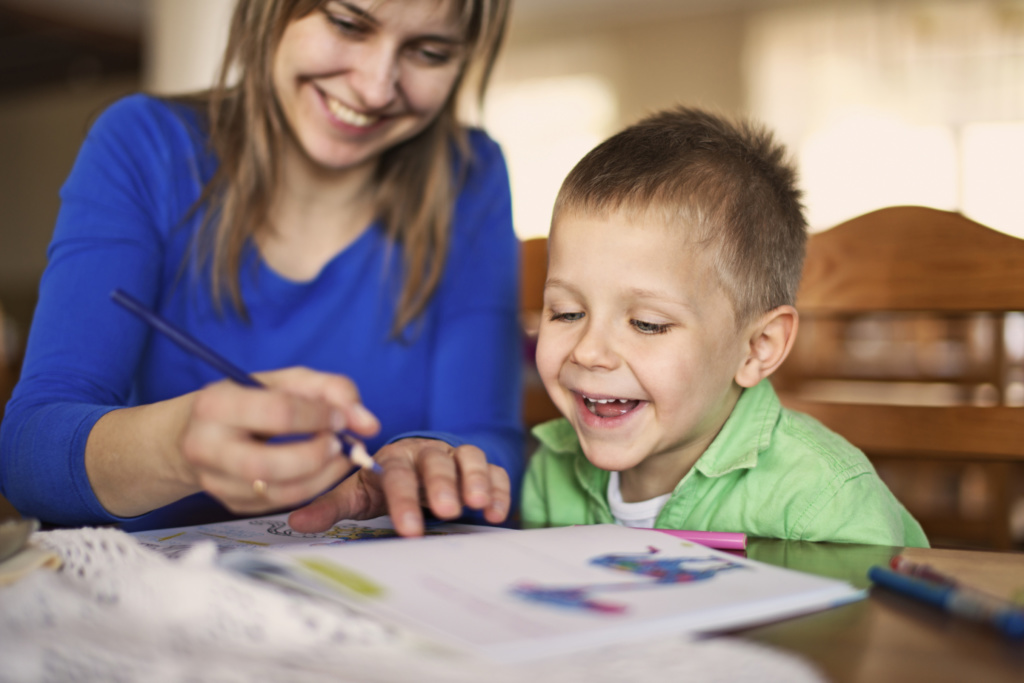
There is a weight of evidence that concludes that the greatest impact on children and young people’s learning arises from the things that parents/carers do with them at home, so it is not hard to understand that if you have someone behind you, encouraging and supporting you in something you will be at an advantage.1
The culture you are brought up in and the things that are valued in that culture usually has a profound and lasting influence on you. It follows that the more engaged parents are in the education system the more likely their children are to succeed. Evidence from Charles Deforges’ longitudinal study demonstrates the importance of parents and carers in their child’s ability to learn, with up to 10 times the influence of teachers.2
So, is it just a lottery? If you happen to have supportive parents or carers who can give you time and encouragement, you will do well, but if you don’t, are you destined to underachieve? Clearly this cannot be acceptable, but the fact remains that many parents/carers are not engaging with settings or schools and it is their children that are at risk of falling behind. Of course, not everyone can achieve at the same level, but we should believe that everyone, with the right influence and support, can achieve to the best of their ability.
Every teacher and practitioner knows how important it is for children to get support at home, yet everywhere I go, I ask them if they have had any training in how to develop learning partnerships with parents, and so far, I have never met anyone who has. Considering how vital it is and how it affects the long-term educational outcomes for children, isn’t it time we supported those involved in Early Years education in how to do this? After all, when children are young, it is a golden opportunity for parents and carers to develop the skills and confidence to support their child throughout the whole of their education, helping them to achieve their full potential.
For partnerships of this quality to happen in all schools and settings you need two things: trained staff who are both confident and competent in developing parent/carer partnerships and parents and carers who understand their role and are confident and have the capacity to support their child.

The first involves investment in training and professional development; the second is undoubtedly a lot more complex. The child poverty action group report that currently 30 per cent of the UK’s children are living in poverty;3 this is a blight on family life and causes inertia. It is not simply that these parents and carers do not know or understand how or do not want to support their children—they simply may not have the energy or the mental capacity to do so. Many families are living in chaotic circumstances due to financial, social or health pressures, and for them just getting through the day and feeding their children may be enough of a challenge.